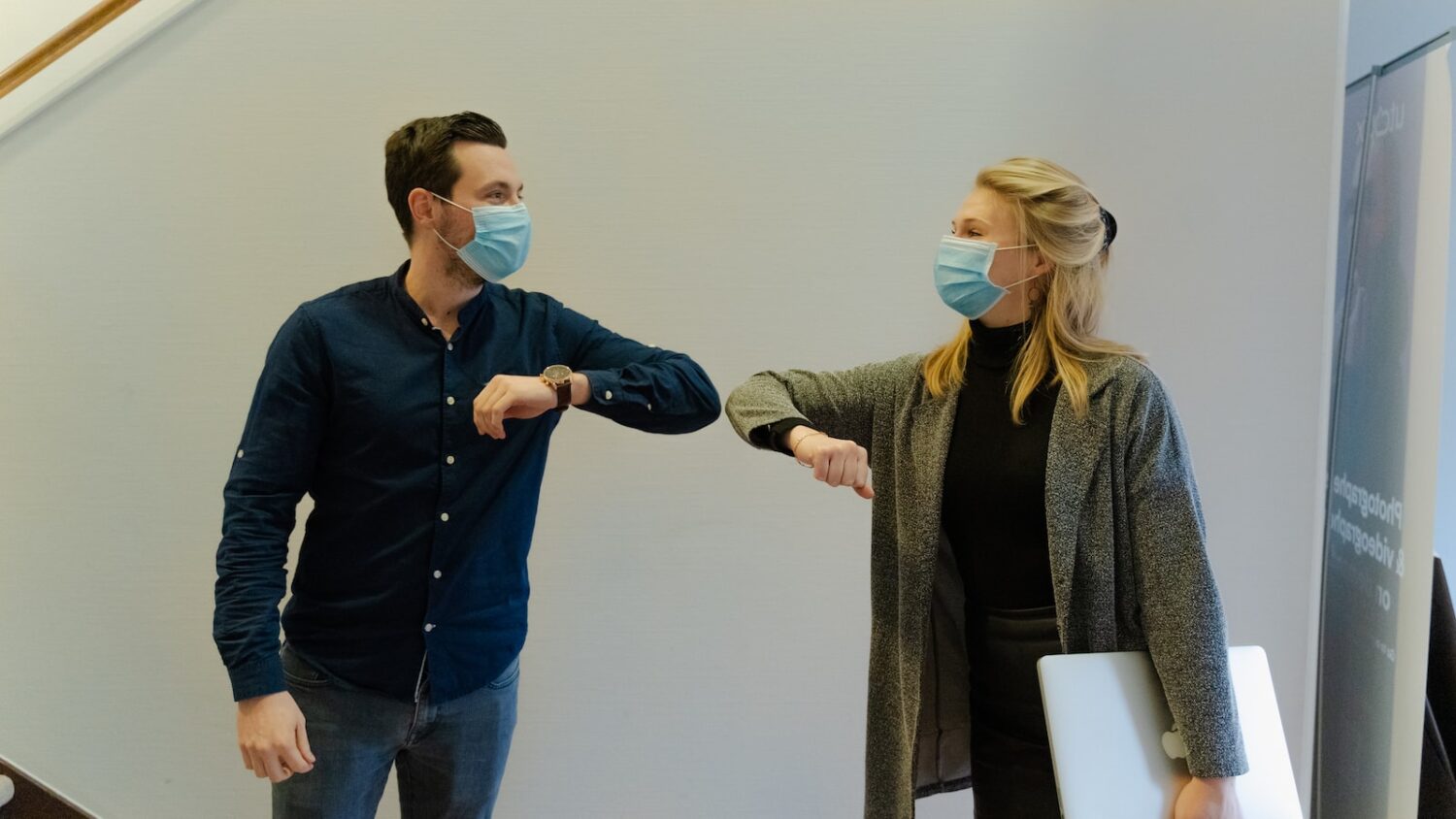Experts believe climate change makes it more likely for viruses like COVID and monkeypox to spread and infect more people.
There are currently two viruses affecting large amounts of people all over the world. This year saw the rise of monkeypox, with about 67,000 cases worldwide. 2020 saw the rise of the COVID pandemic, which continues to affect people despite the fact that there’s a vaccine and multiple boosters out.
Climate change might make this phenomenon even more common in the years to come. NPR provided a breakdown of climate change and its impact on these types of viruses, explaining why the two are linked together.

COVID and monkeypox are both zoonotic diseases, which means that they spread between humans and animals. Climate change, which affects animals’ habitats and is linked with human migration, means that humans and animals will likely be forced into the same spaces, facilitating the transmission of different diseases.
RELATED: Can You Get The COVID-19 Booster And Flu Shot At The Same Time?
“Elements such as deforestation, population growth, and animal breeding have removed the boundaries between where humans and wild animals live, bringing them into closer contact,” explains NPR.
As animals and humans are more exposed to each other, pathogens start to change and mutate, with odds of them being easier to spread from one to the other. “Depending on the particular germ, when it has an opportunity to do this multiple times, the germ adapts to the new species,” said Dr. Carl Fichtenbaum, vice chairperson for clinical research.
Globalization makes matters worse. Nowadays, people are traveling to novel places and more often, meaning that any disease that spreads in one country could spread to another in a matter of days.
Still, despite the great technological advancements that exist and the awareness of these diseases, it’s very difficult for experts to predict incoming pandemics and viruses. While scientists may research diseases and their odds of spreading and becoming the next pandemic, it’s almost impossible to predict which disease and which region is at risk.
RELATED: Monkeypox Cases Are On The Rise — Here’s Who Can Get A Vaccine
It’s difficult to warn people about these dangers and to make governments take a stronger stance, especially when they know what’s at risk. Researchers believe including diseases and health risks and the cost of these in public policy might help people take climate change more seriously, and take some meaningful action.


